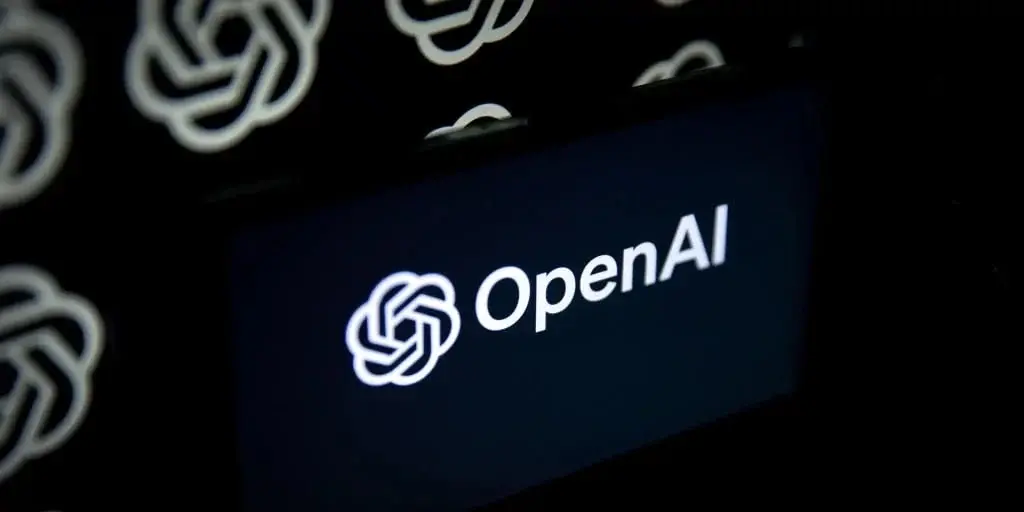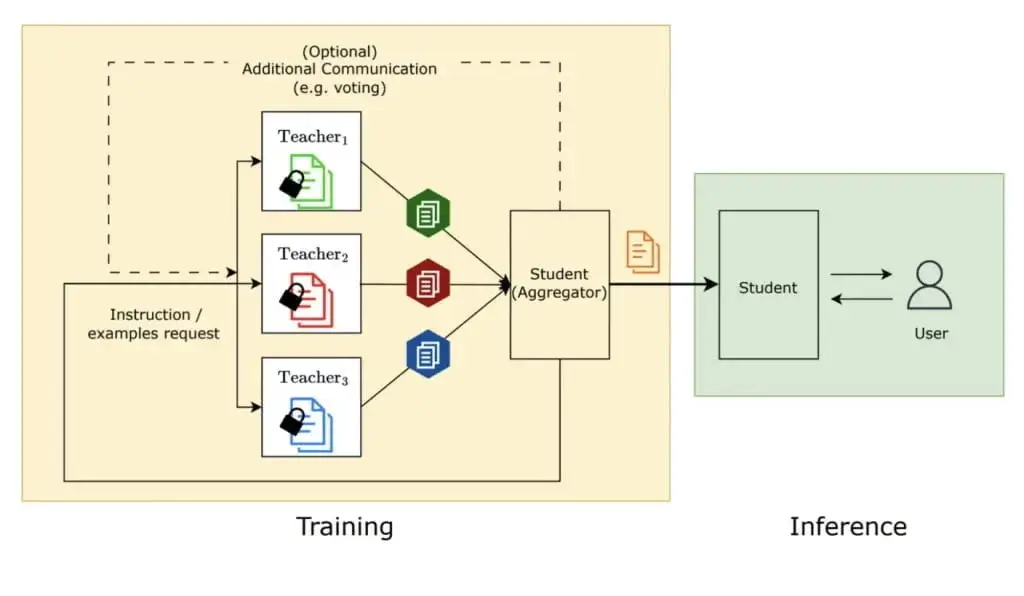Are you prepared for the next leap beyond GPT-4? Brace yourself as the upcoming wave of large language models (LLMs) is on the horizon. Reports from Business Insider indicate that OpenAI is edging closer to the launch of GPT-5, with a potential arrival in just a few months. Early previews suggest a significant advancement, with enterprise clients who have experienced GPT-5 demos expressing positive feedback. One CEO has even described it as surpassing previous models in a substantial manner, while OpenAI presentations hint at the model's potential capabilities, such as independent AI agents.
Progress Towards Launch
Development of GPT-5 is progressing in tandem with demonstration activities. Stringent safety evaluations, including simulated attacks like "red teaming," are essential before the model is released. This meticulous process may cause a delay in the initial expectations of a summer launch. OpenAI has chosen to remain silent regarding a specific release date. These recent developments follow a year filled with speculation surrounding GPT-5. In April 2023, OpenAI had initially played down immediate training prospects, with CEO Sam Altman dismissing any rumors circulating at that time. Nonetheless, talks about a potential GPT-4.5 model persisted.
Training Completion and Launch
New reports indicate that training for GPT-5 was completed in 2023, setting the stage for a potential launch in 2024. Similar to its forerunner, GPT-5 is anticipated to cater primarily to OpenAI's corporate clientele. There is speculation that a future direction might involve a tiered system, akin to Google's Gemini LLMs.
Evolving Landscape
During the past year, users reported a decline in GPT-4's performance, marked by issues such as generating nonsensical responses. The causes were attributed to factors like training efficiency and resource constraints, leading to speculations about the strain on OpenAI's system due to the development of undisclosed LLMs.
A leak in December 2023 hinted at the existence of "GPT-4.5" models with advanced features, further fueling anticipations. OpenAI's CEO chose not to comment when questioned online about these developments. With GPT-5 looming on the horizon, the landscape of large language models is on the verge of transformation. The forthcoming months will unveil the true capabilities of this next-generation model.


